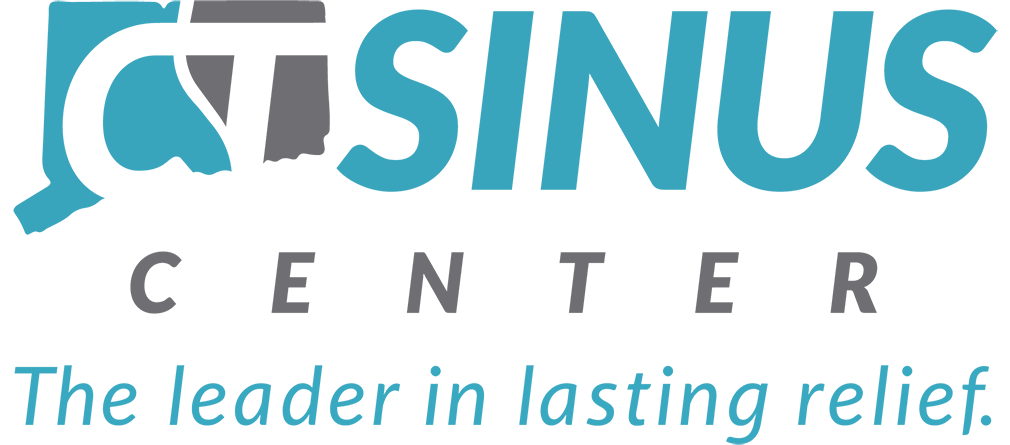Sometimes when you suffer from allergy or sinus congestion, you also have a headache that manifests as pain and pressure in your eyes, nose, cheeks and forehead. The pain may get worse upon bending over or lying down, and you may have additional symptoms including: runny nose, sore throat, cough and fatigue.
A sinus headache can be relentless and keep you from doing the things you need to do. So usually when people experience one, they seek relief as soon as they can. Often that relief comes in the form of ibuprofen, a nonsteroidal anti-inflammatory drug (NSAID). WebMD explains, “It works by blocking your body’s production of certain natural substances that cause inflammation. This effect helps to decrease swelling, pain or fever.”
You can purchase generic and name-brand ibuprofen (ex., Motrin and Advil), but you can also find it in a number of medications used for treating a variety of ailments, allergy– and sinus-related and otherwise. For an extensive list of medications that contain ibuprofen, visit this page on Drugs.com.
There are also a high number of risks associated with using ibuprofen. Some of the minor side effects include:
- Constipation
- Diarrhea
- Stomach aches
- Nausea
- Gas or bloating
- Heartburn
- Dizziness
- Nervousness
- Sun sensitivity
If you experience any of these reactions severely and/or prolonged, stop taking the ibuprofen and seek immediate medical attention.
Equally important, Everyday Health alerts users to the two black-box warnings on the ibuprofen bottle:
- Ibuprofen can increase the risk of heart trouble and has been linked to heart attacks, strokes and blood clots, all of which can be deadly.
- Ibuprofen can damage the lining of your stomach, putting you at risk for stomach ulcers and heartburn.
With all this in mind, you may wonder why anyone would use ibuprofen for a sinus headache at all. Well, the truth is, it is a very effective medication, and the side effects are rare.
However, at CT Sinus Center, we offer a different solution.
Let our expert physicians perform thorough testing in order to identify the underlying causes of your sinus headache and then work with you to choose the most effective treatment. You may be a candidate for Balloon Sinus Dilation, an in-house process in which a small balloon is inflated in the nasal cavity under local anesthesia, or Turbinate Reductions, an outpatient surgical process in which soft tissue is removed during an outpatient surgical process – both of which will allow air to flow freely through your sinus cavities and keep further problems from developing.
The next time you reach for that bottle of ibuprofen, consider calling CT Sinus Center at (860) BALLOON to schedule an appointment at one of our three conveniently-located offices. There is enough pressure in your life; there’s no need for it in your sinuses too.
For more information on all things sinus– and allergy-related, visit the CT Sinus Center website and blog.



